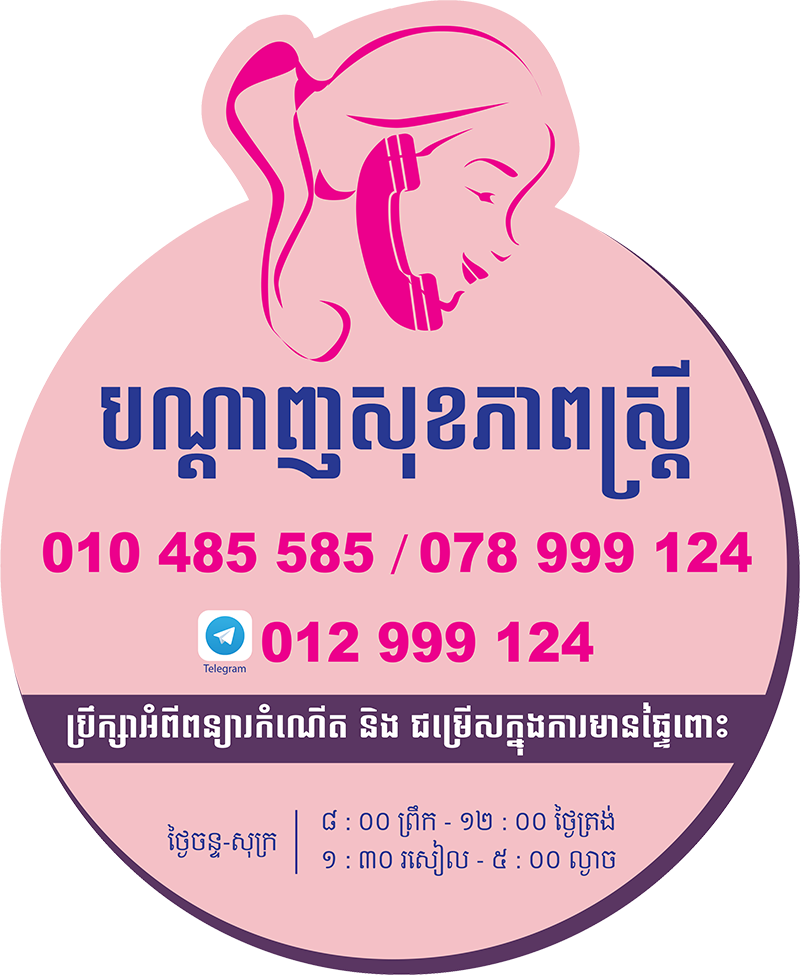VIYA Is Here To Answer All Your Questions About Pregnancy
🤰 Trust the Pregnancy Experts:
At VIYA, we collaborate with experienced healthcare professionals specializing in pregnancy to address your specific concerns and provide you with the latest personalized advice. Your well-being during pregnancy is our top priority, and we are dedicated to offering you the best possible care.
📝 If you have any questions that haven’t been covered in our comprehensive pregnancy FAQs, do not hesitate to submit them through the form. Take control of your reproductive health, empower yourself with essential knowledge, and make informed decisions about your pregnancy with confidence today! 🌟
- High Mercury fish
- Undercooked or Raw fish/Meat
- Processed and Deli Meat
- Raw Egg
- Organ Meat
- Raw sprouts
- Unwashed fruit and vegetables
- Unpasteurized dairy products
- Soft Cheese
- Processed food
- Alcohol
- Caffeine
- Weeks 4 to 28 — One prenatal visit every four weeks.
- Weeks 28 to 36 — One prenatal visit every two weeks.
- Weeks 36 to 40 — One prenatal visit every week.
But if there is no sign of baby out, go to meet Dr every 3 days to check if your baby is doing okay, your water in your womb is enough. Your baby’s position will be checked to determine what direction they’re facing and your cervix will be checked for dilation.
It’s recommended that people who are pregnant exercise between 120 and 150 minutes a week. That’s because exercise can come with some pregnancy-boosting benefits like:
- Maintaining a healthy weight.
- Reducing discomforts of pregnancy, like backaches.
- Improving body mechanics, posture and mood.
- Increasing energy.
- Improved flexibility and strength.
- Helping with constipation and bloating.
- Encouraging better sleep.
- Helping to prepare your body for labor and delivery.
It’s not safe to eat Aloe Vera during pregnancy, Aloe Vera contains Latex that can lead to Uterine contractions which is very dangerous for pregnant women.
- Myths: Coffee will make your baby dark
- Fact: coffee contains caffeine that can reduce iron absorption into body. Iron creates red blood cells. But you can drink it in appropriate quantities.
For many couples, these methods provide reliable information about the fertile days. If the couple has vaginal sex or does not use condoms, a cervical cap or a diaphragm during the woman’s fertile time, fertility awareness methods can be effective if desiring to get pregnant.
Vaginal discharge ebbs and flows throughout a woman’s menstrual cycle due to a fluctuation in hormone levels. Once you become pregnant, hormones continue to play a role in the changes to your vaginal discharge.
Each month, there's about a 25% chance of getting pregnant if you're having unprotected sex.
American College of Obstetricians and Gynecologists. Having a baby after age 35: how aging affects fertility and pregnancy.
Odds are lower when you have sex outside of the fertile window. The following are examples of the odds of getting pregnant after unprotected sex by the day in your menstrual cycle:
- Day 8: 3.2%
- Day 12: 9.4%
- Day 21: Less than 2%
The earliest you can take a pregnancy test is typically around the time of your expected period or about two weeks after ovulation. However, some sensitive tests can detect pregnancy earlier. It’s best to follow the instructions provided with the test kit.
The effectiveness of contraception varies depending on the method used. Some methods, like hormonal implants or IUDs, are more than 99% effective, while others, like condoms, have a lower efficacy rate. It’s important to use contraception consistently and correctly to maximize effectiveness.
Early signs of pregnancy can vary, but common symptoms include missed periods, breast tenderness, fatigue, nausea or morning sickness, increased urination, and mood swings. However, it’s important to note that these symptoms can also be caused by other factors.
It’s advisable to schedule an appointment with a healthcare provider after receiving a positive pregnancy test result. They can confirm the pregnancy, provide prenatal care information, and discuss the next steps and important considerations for a healthy pregnancy.
If you are unsure about continuing a pregnancy, it’s important to consult with a healthcare provider or an SRH brand that offers guidance on all pregnancy options. They can provide information about abortion services, adoption, and support resources available to help you make an informed decision.
To have a healthy pregnancy, it’s crucial to maintain a balanced diet, take prenatal vitamins, exercise regularly as advised by your healthcare provider, avoid harmful substances like smoking and alcohol, attend regular prenatal check-ups, and seek medical advice for any concerns or issues that arise.
No, most forms of contraception are not intended for use during pregnancy. Once you receive confirmation of pregnancy, you should discontinue contraceptive methods. However, it’s important to discuss this with a healthcare provider to ensure a smooth transition and to explore options for future contraception if desired.
Common discomforts during pregnancy, such as nausea, backache, fatigue, and swollen feet, can be managed through various means, including a healthy diet, regular exercise, proper rest, staying hydrated, wearing comfortable clothing and shoes, and seeking advice from your healthcare provider on suitable remedies or treatments.
Women’s Health Hotline
Our Team Of Trained Professionals Is Available To Provide Expert And Nonjudgmental Advice And Support On A Variety Of Topics:
☑ Contraception
☑ STIs
☑ Pregnancy
☑ Abortion
☑ And More

VIYA FAQS
ALL YOUR SEXUAL HEALTH
QUESTIONS ANSWERED
JOIN THE BOLD COMMUNITY
Be a Part of the Global Change for Sexual Health and Wellness
Together, we can make a difference by normalizing the conversation around sexual health and pleasure. Join VIYA’s global mission to shape a world where every woman’s pleasure, wellness and health are prioritized.






